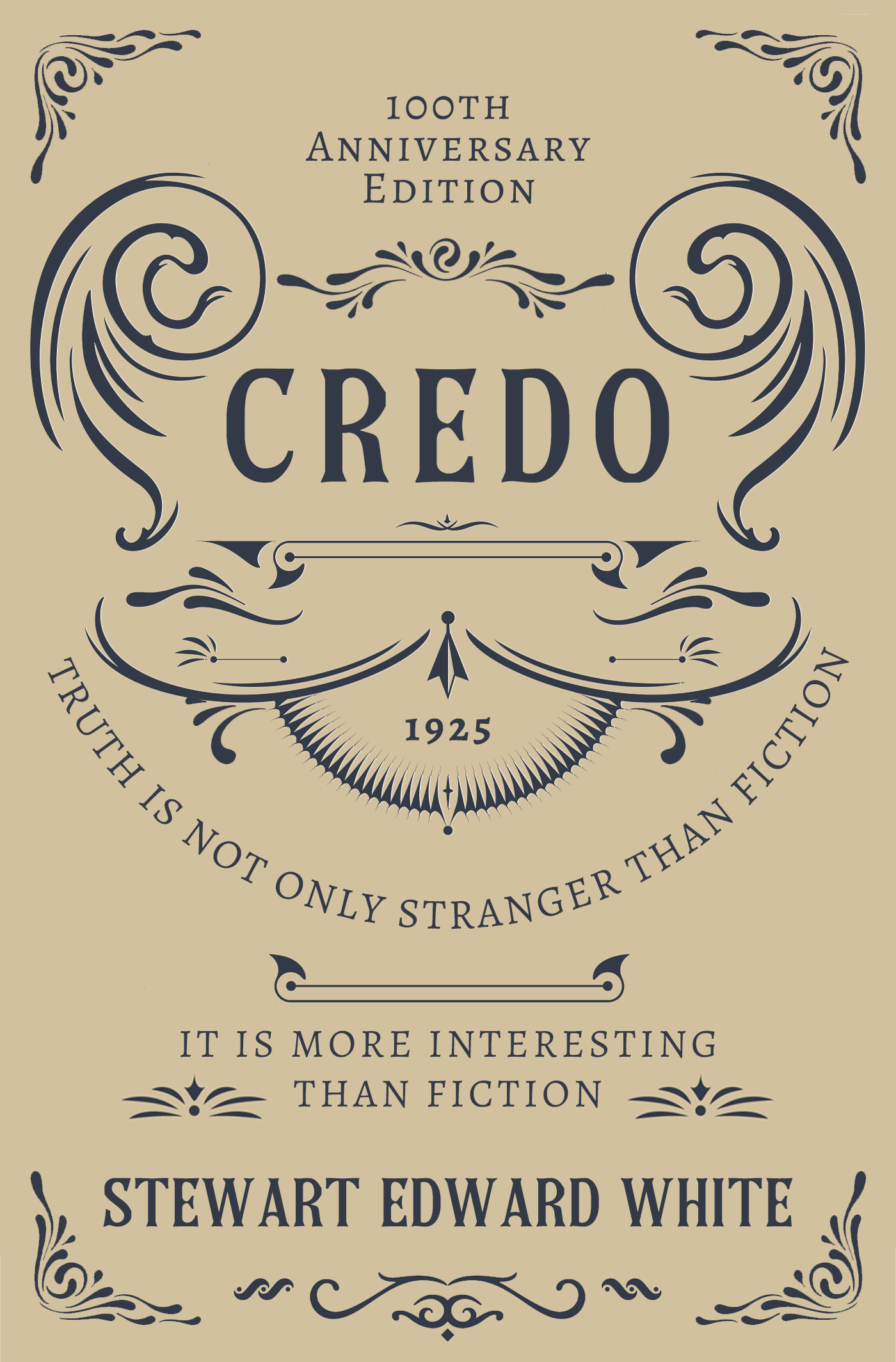Summary
In Credo, Stewart Edward White—celebrated early 20th-century novelist and wilderness enthusiast—steps beyond his signature adventure tales to explore profound metaphysical questions in his first work of nonfiction. Published in 1925, the book marked White’s entry into spiritual philosophy and metaphysical inquiry, laying the groundwork for his later, more explicitly psychic writings.
Written before he publicly acknowledged his wife Betty’s mediumistic work, it introduces White’s convictions about the survival of consciousness after death and humanity’s spiritual journey, without revealing his psychic sources.
White presents a reasoned, reflective philosophy: that our inner lives endure beyond physical death and that we participate in a larger cosmic purpose. Ethical living, he argues, unfolds naturally when one acknowledges deeper spiritual truths. The tone is lucid, restrained, and earnest—anchored in his belief that spirituality need not cloak itself in sensationalism to be real.
Readers familiar with White’s adventure writing will find a different pace here. Rather than cabins, canoes and frontier exploits, the work lays out his view of reality—its appeal lying in its sincerity, clarity, and the compassionate intelligence that marks his storytelling. For those intrigued by psychical literature, this is foundational work that foreshadowed White’s later publications, which included The Betty Book (1937) and his best-selling metaphysical work The Unobstructed Universe (1940), in which he openly credited Betty and spirit communicators known as the Invisibles as the source of his understanding of what lies beyond death.
Credo is an invitation to ponder life’s questions in a coherent fashion—without resorting to dogma or superstition.

